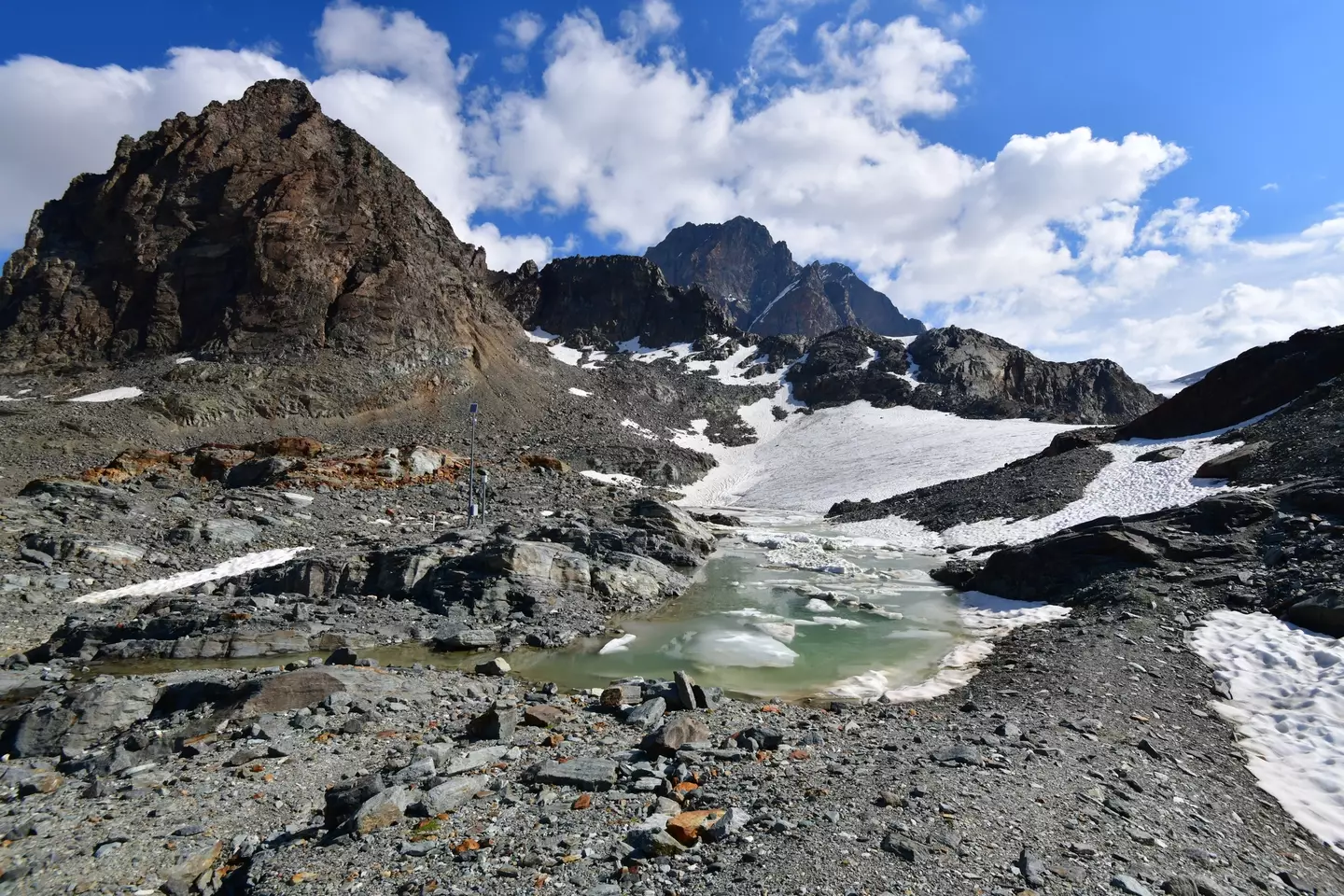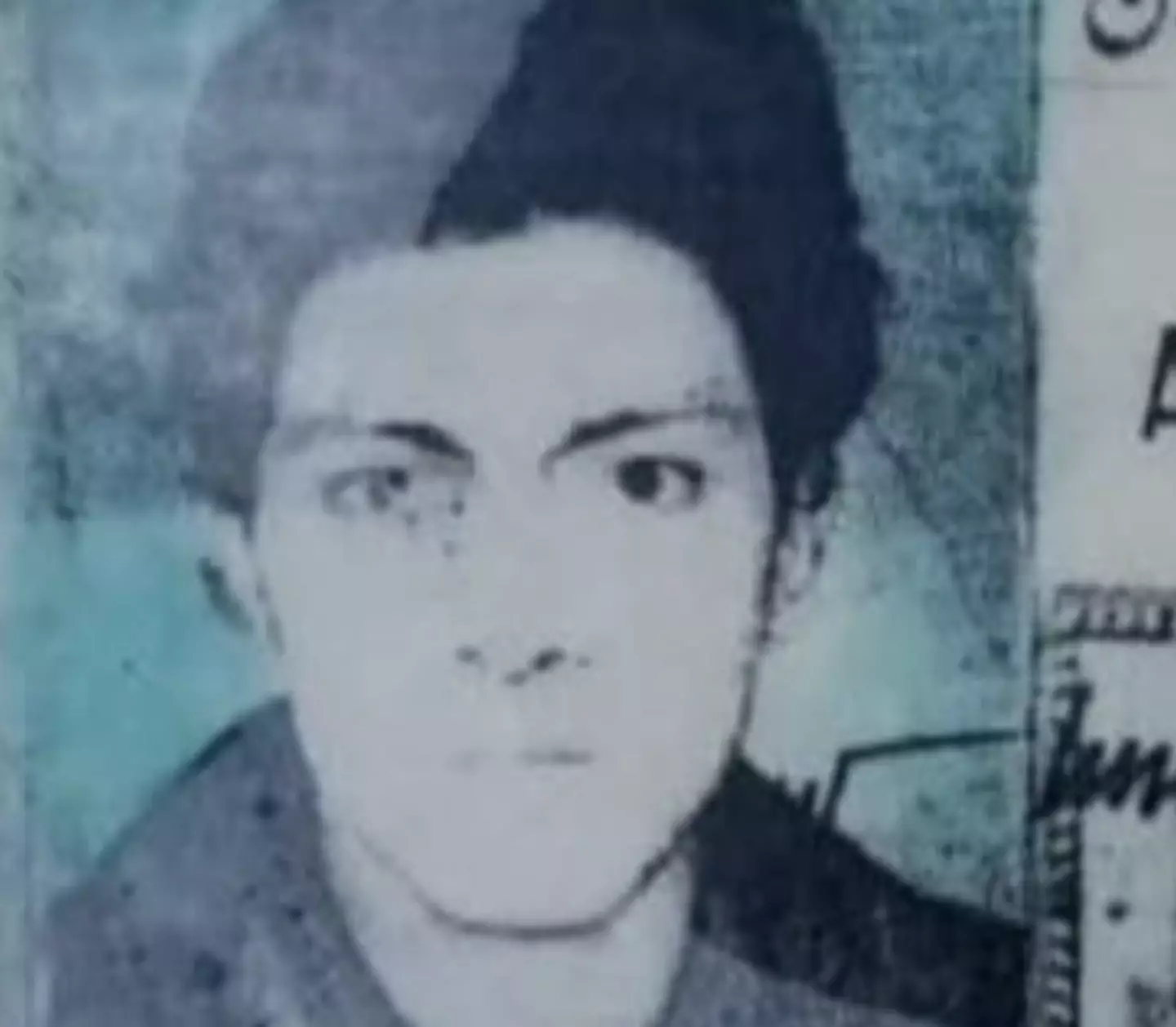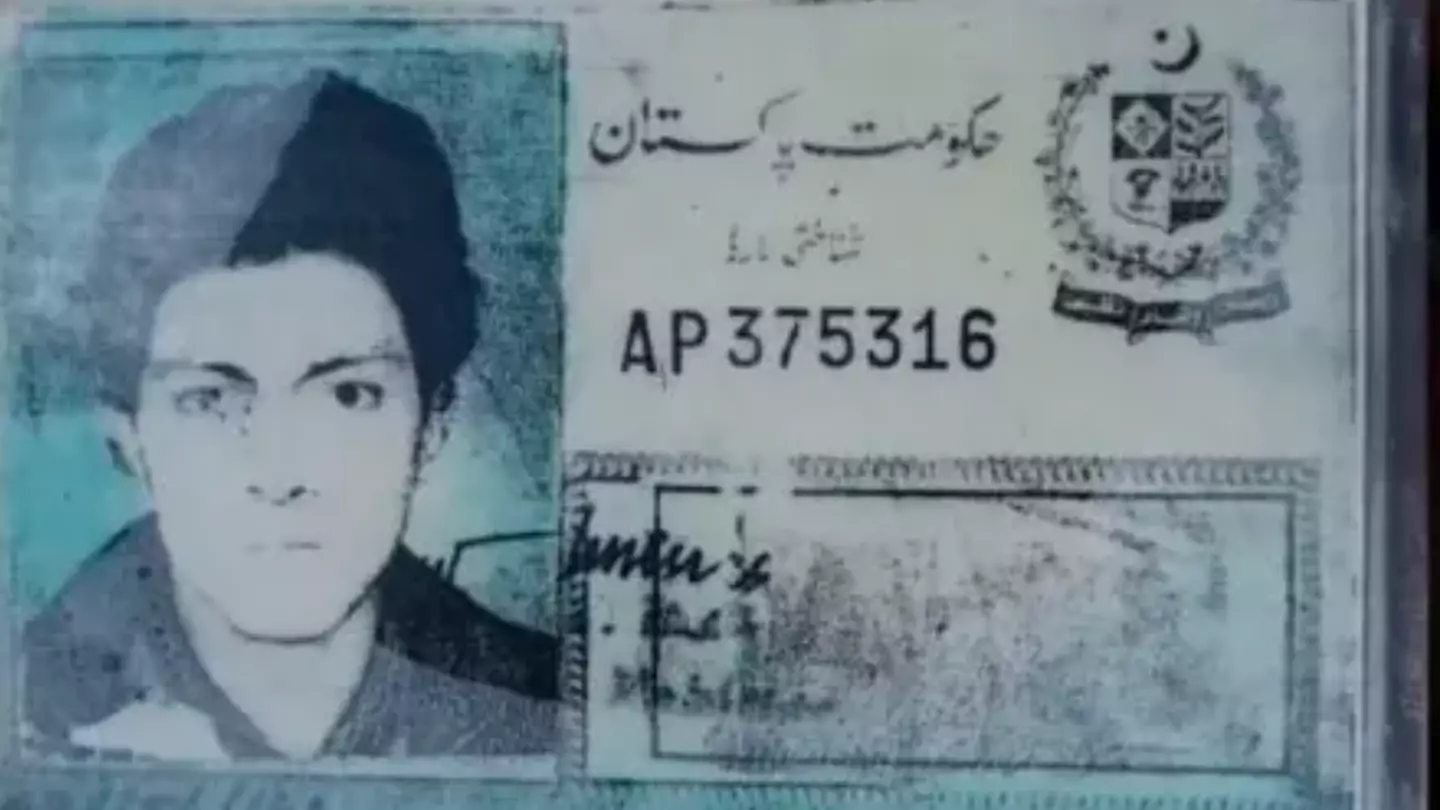A person has recounted the astonishing discovery of a hiker’s body, preserved for 28 years, in Pakistan’s isolated Kohistan area.
Omar Khan, a local shepherd, was in Lady Valley, situated in eastern Pakistan, when he came across the body on August 1. He described it as being ‘intact’.
The remains were located within a glacier, which has been receding due to reduced snowfall, exposing the body to sunlight.
As the ice and snow diminished, the hiker’s remains emerged.
Khan remarked, “What I saw was unbelievable.”
In an interview with BBC Urdu, he stated, “The body was intact. The clothes were not even torn.”

Along with his pristine clothing, the body was found with identification showing the man’s name as Naseeruddin alias Hajo, son of Bahram, from the Saleh Khel tribe, according to the Express Tribune. Authorities confirmed his identity, and locals began sharing details about his fate.
In June 1997, Naseeruddin, who had a wife and two children, was traveling on horseback with his brother, Kathiruddin.
Due to a family feud, the two brothers left their home, police revealed. Kathiruddin told BBC Urdu they ventured to the valley that morning, choosing a less-traveled mountain path to evade potential threats.
The Express Tribune reports that Kathiruddin recalled hearing gunfire, leading Naseeruddin to seek refuge in a cave.
Unfortunately, he never emerged.

Despite Kathiruddin’s efforts to find his brother and involving locals in the search, they found nothing.
It is now evident that Naseeruddin fell into the glacier, where he was subjected to extreme cold.
Prof Muhammad Bilal, head of the Department of Environment at Comsats University Islamabad, explains that the intense cold in a glacier leads to rapid freezing, halting decomposition.
The dry, oxygen-poor environment in the glacier causes mummification, resulting in the remarkable preservation Khan observed.
With the discovery of his brother’s body, Kathiruddin plans to revisit Lady Valley to determine whether to inter Naseeruddin’s remains there or return them to their ancestral home.

